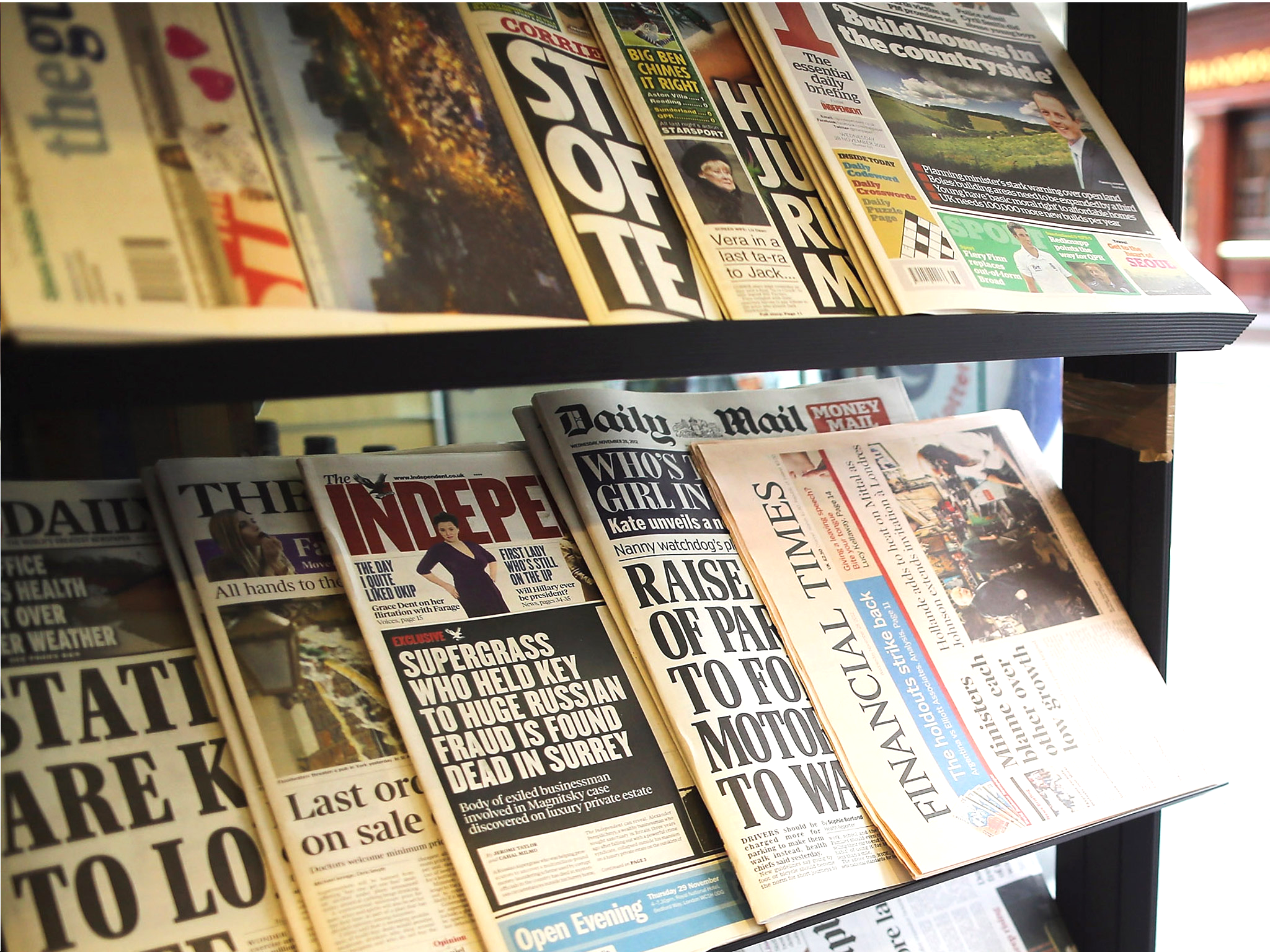Should the British press be regulated statutory law?
Gerry McCann and Andreas Whittam Smith debate

YES: Gerry McCann
What concerns me greatly is that a historic opportunity for press reform may be about to be squandered.
Lord Justice Leveson’s proposals were measured and modest. They didn’t go far enough in my view. But I and other victims of gross press misconduct were prepared to regard them as the minimum acceptable compromise.
We gave evidence to the inquiry so that some lasting good might come out of a horrendous experience.
We want our politicians to stand up for the ordinary victims instead of siding with the wealthy and powerful.
On Monday, it comes down to a binary choice: the newspaper barons or the people they abused in search of profit. Leveson or more of the same. It is as simple as that.
NO: Andreas Whittam Smith
In his righteous anger, Gerry McCann, the father of the missing Madeleine, misrepresents what is now at stake in Monday’s debate on press regulation in the House of Commons. Mr. McCann says: “On Monday, it comes down to a binary choice: the newspaper barons or the people they abused in search of profit. Leveson or more of the same. It is as simple as that.”
This is simplistic, I am afraid. In fact the debate has moved well beyond Mr. McCann’s formulation. The choice is now between three models of press regulation.
The first makes no place for legislation that bears on the press alone. The press should be subject to the laws of the land like everybody else – as it is – and should build onto this a tough system of self-regulation. Likewise the second model introduces no special press legislation but instead proposes a Royal Charter that would underpin self-regulation. This is the solution that the Prime Minister, David Cameron, favours. The third model, apparently well regarded by Labour and Lib Dems, would introduce some specific press laws.
But whichever of these models receives approval in Monday’s debate, the press finds itself in a significantly different place from where it was when the McCanns were so sorely mistreated by popular newspapers. Dozens of journalists are now facing trial for corrupt practices. This dreadful warning will not be ignored for many years to come. In addition, the new self-regulation body will be infinitely tougher than its predecessors. And as for the proprietors of the popular press, they don’t smell of roses, do they? Their rehabilitation in public esteem will also take a long time.
Join our commenting forum
Join thought-provoking conversations, follow other Independent readers and see their replies
Comments
Bookmark popover
Removed from bookmarks